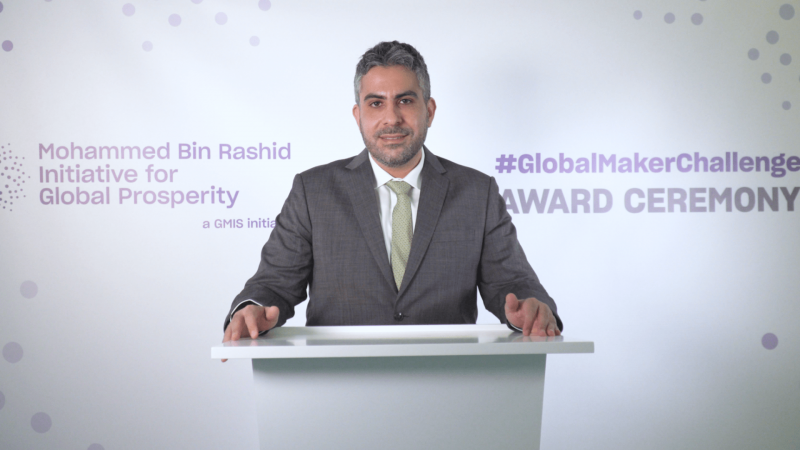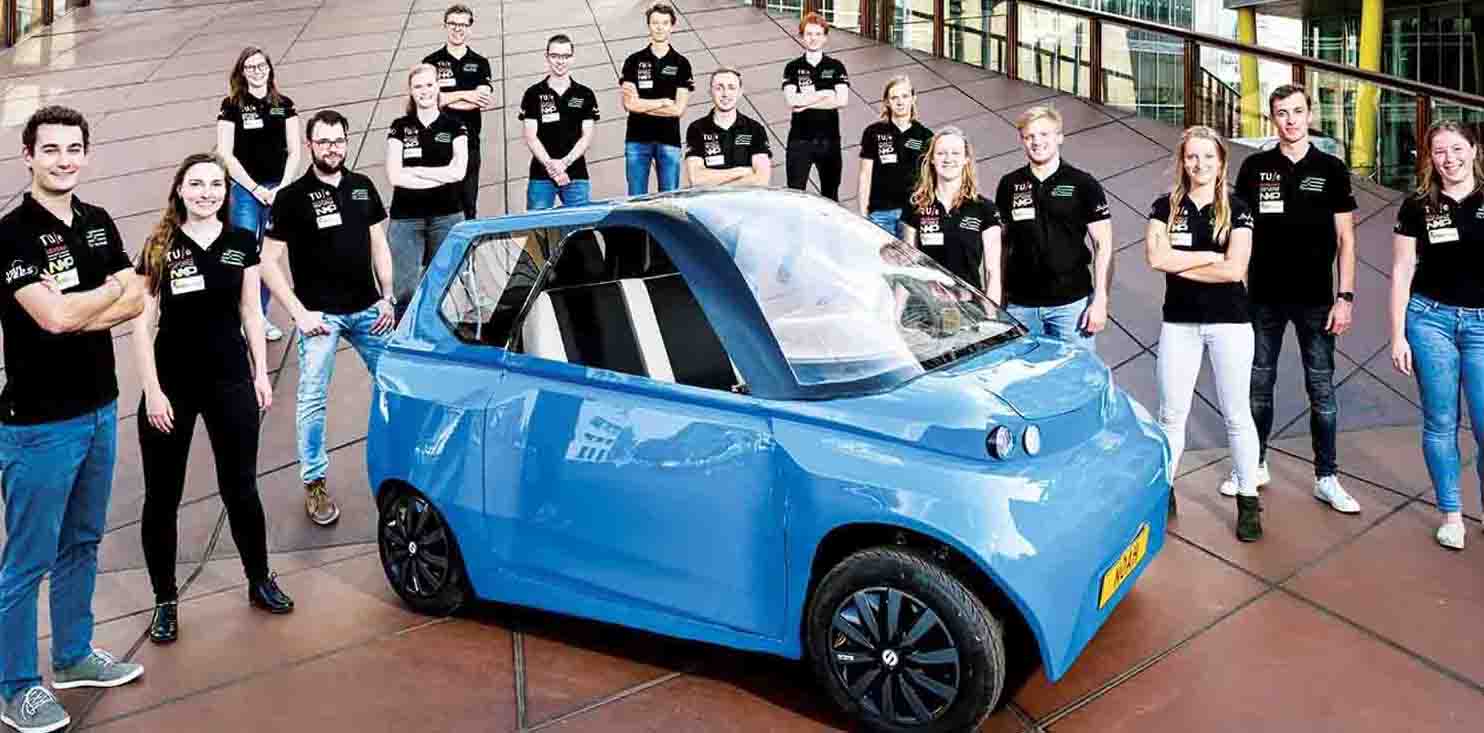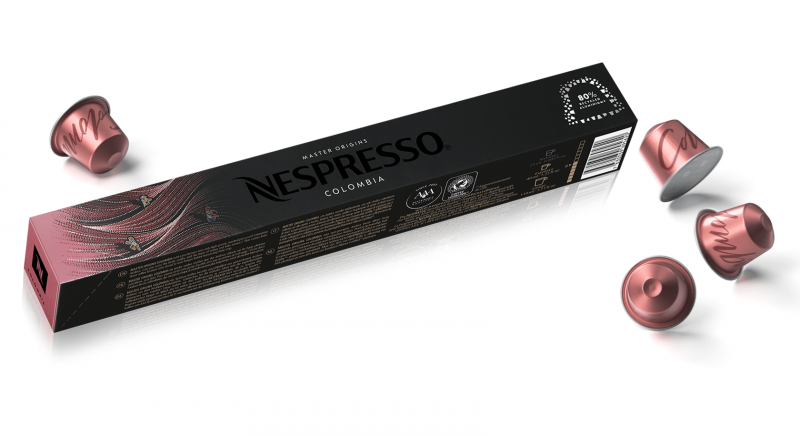Mohammed bin Rashid Initiative for Global Prosperity Announces Winners of the $1 Million Global Maker Challenge
Innovation

September 7, 2020, 11:12 am
- Winners and runners-up will be presented with monetary prizes and mentorship support worth up to US$1 million
- Top four social innovation start-ups announced as winners of the Global Maker Challenge
- The four most disruptive Solutions will receive support and mentorship from global organisations competing for the prestigious Global Prosperity Award
- Winners were announced at the Virtual Award Ceremony that brought together more than 6,800 social impact enthusiasts during the #Make4ProsperityWeek
Dubai, United Arab Emirates – September 7, 2020 – The Mohammed bin Rashid Initiative for Global Prosperity announced the four winners for Cohort 2 of the Global Maker Challenge at its first ever Virtual Award Ceremony organized out of the United Arab Emirates. The four winners, along with eight runners-up, will receive monetary prizes, mentorship, and access to global organisations, worth up to US$1 million.
Simbi Foundation, ColdHubs, POKET, and Plastics for Change, were selected as the four Global Maker Challenge winners following careful evaluation led by the Massachusetts Institute of Technology’s SOLVE initiative (MIT SOLVE) and an esteemed jury of 47 globally renowned subject matter and innovation experts.
The Initiative also identified the four most disruptive solutions, that will be connected to global organisations to receive guidance and mentorship through a programme in partnership with the University of Cambridge.
ID2020, Stixfresh, Agricycle Global, and AlgiKnit were identified to be the most disruptive solutions with the potential to generate significant social and economic change in the face of some of the world’s most pressing challenges. These start-ups will benefit from the Global Prosperity Award mentorship programme and will receive guidance and support from global organisations to help them overcome their non-financial challenges, and put them on a path to scalability and greater social impact.
Cohort 2 was launched at the United Nations Industrial Development Organisation’s (UNIDO) 8th Ministerial Conference of the Least Developed Countries that was held in Abu Dhabi in November 2019, and received more than 3,400 entries from 148 countries. In partnership with 10 UN agencies, critical global issues that need urgent action, ,were identified, forming four challenges related to the themes of Innovation for Peace and Justice, Sustainable and Healthy Food for All, Innovation for Inclusive Trade, and Climate Change.
More than 6,800 social impact enthusiasts from around the world came together to witness the Global Maker Challenge finalists pitch their solutions, listen to expert-led discussions and keynotes, and watch the award ceremony, as part of the #Make4ProsperityWeek.
Speaking at the award ceremony, Badr Al-Olama, Head of the Organising Committee for the Global Manufacturing and Industrialisation Summit (GMIS) said: “We continue to be inspired by our patron, His Highness Sheikh Mohammed bin Rashid’s humanitarian journey and drive for innovation to positively impact not only the UAE, but also the region and the world. Just like us, our humanitarian start-ups too believe that access to innovation paves the way to building prosperity. Today, we celebrate the social entrepreneurs that leverage innovation for work that transcends borders.
“The whole world has been shaken by the coronavirus pandemic, but the strength of this year’s cohort has given us hope for the future. Our maker community put forward localised solutions for global problems, and through collaborative management between stakeholders, we can ensure that these inspiring innovations reach those who need it most. At the Mohammed bin Rashid Initiative for Global Prosperity, we believe that by demonstrating cohesiveness and having a shared destiny, we can strive towards a brighter future for all.”
The Innovation for Peace and Justice challenge addressed issues refugees and displaced people face to access affordable, quality services that are essential to their safety and wellbeing; and included the following solutions:
● Winner: Simbi Foundation is developer of solar-powered, centralised learning hubs that provide access to digital education. This service is designed to help rural and vulnerable communities’ access affordable and quality education to help nurture the careers of young people providing them a solid start to life.
• Runner-up and ‘Disruptive Innovation Solution’ for the Global Prosperity Award: ID2020 is a user-managed, digital ID platform that allows displaced people greater ownership of their own healthcare records, educational attainment information, and professional credentials. ID2020 need support to enhance the footprint and the back-end infrastructure of their platform, amending the business-model to make it fit for future purpose.
• Runner-up: Aiyin runs virtual reality (VR) learning spaces for facilities without the physical and monetary capacity to build real ones.
.
The ‘Sustainable and Healthy Food for All’ challenge tackled the issues that fast-growing urban populations face in accessing healthy and sustainable food; and included:
• Winner: ColdHubs provides solar-powered walk-in cold storage for perishable foods produced by rural farmers in developing countries. One fridge can support an entire neighbourhood, helping provide access to healthy and sustainable food in the face of rapid urbanisation.
• Runner-up and ‘Disruptive Innovation Solution’ for the Global Prosperity Award: Stixfresh have developed stickers that create a protective layer around fresh food produce to slow down spoilage, providing economic benefit for small farmers without climate-controlled warehouses. Stixfresh keeps food fresh for longer, preserving nutrients vital for addressing hunger and malnutrition.
• Runner-up: Nilus is a social enterprise platform that creates an affordable and healthy food digital marketplace for low-income people.
The Innovation for Inclusive Trade challenge addressed issues that rural communities face in accessing new supply chains and markets to create better livelihoods. The final candidates were:
● Winner: POKET is a crowd-sourced registry of offline merchants capable of mapping last mile rural supply chains. The POKET app is capable of helping a whole network of suppliers across a region, allowing rural communities to increase their access to new supply chains and markets and nurture greater prosperity.
• Runner-up and ‘Disruptive Innovation Solution’ for the Global Prosperity Award: Agricycle Global is a zero-electricity postharvest food dryer technology that connects rural farmers to international markets in need of mentoring and support to access new communities.
• Runner-up: Fantine is a blockchain-enabled marketplace that allows coffee farmers to transact directly with roasters and buyers
The Climate Change challenge brought in solutions that facilitate a low-carbon circular economy through smart use of existing resources; winners include:
● Winner: Plastics for Change is an ethical sourcing platform that provides sustainable livelihoods and expedites transition towards a circular economy. This digital platform helps communities move towards a low-carbon, circular economy by eliminating waste and utilising existing resources to generate income.
• Runner-up and ‘Disruptive Innovation Solution’ for the Global Prosperity Award: AlgiKnit is a sustainable fibre for the fashion industry that is biodegradable, comfortable and low-cost, seeking support in scaling their offering, accessing new markets and supply chains.
• Runner-up: Aquacycl is the first commercially viable Microbial Fuel Cell capable of generating electricity from wastewater
The Global Prosperity Award was formed to encourage global organisations to participate in making a lasting social impact on communities around the world. The solutions deemed to be the most disruptive will be invited to present to the corporate nominees, and outline the key non-financial challenges they might face when trying to scale their solutions. The participating corporate nominees will then prepare and present a support plan to help the shortlisted innovators in overcoming their challenges. A panel of experts led by the University of Cambridge will judge the support plans on their potential for social impact, and the corporate nominee deemed to have submitted the support plan with the biggest potential to make an impact will be presented with the Global Prosperity Award.










